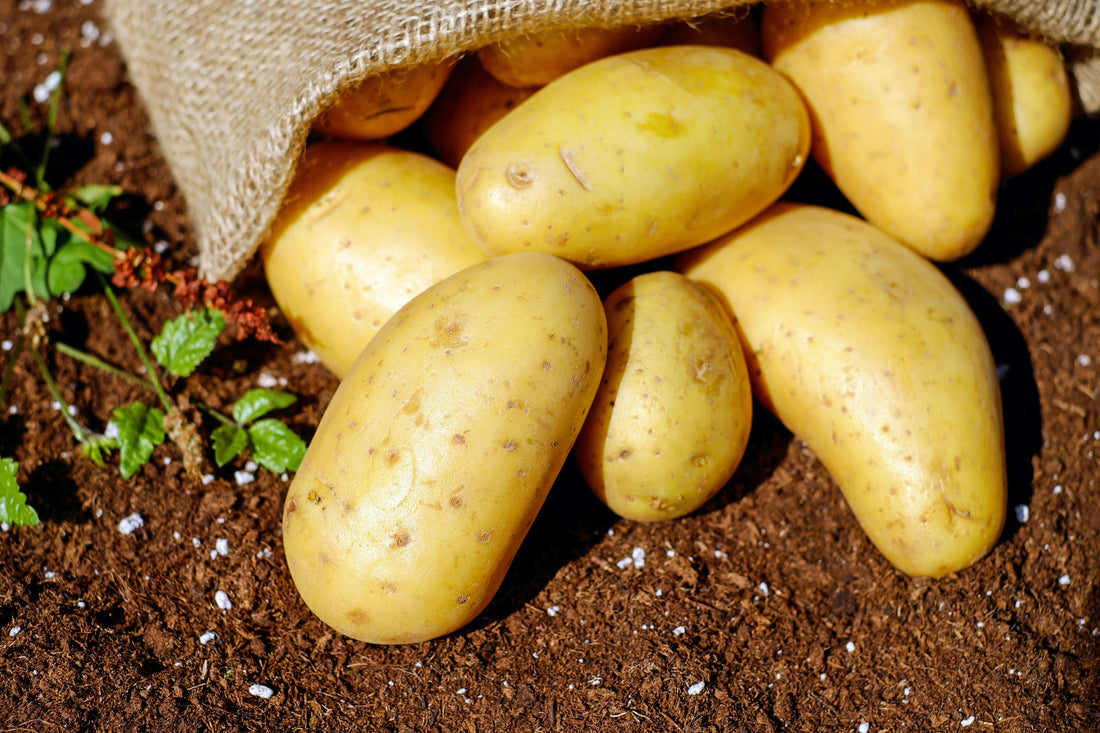
Do Potatoes Increase Your Risk of Type 2 Diabetes?
Share
Potatoes are a staple food in many diets around the world. They are affordable, versatile, and packed with important nutrients like vitamin C, potassium, and fiber. But recent research has questioned whether eating too many potatoes might increase your risk of type 2 diabetes (T2D). A large study published in The BMJ looked at this issue in detail. Here’s what you need to know.
What Did the Study Find?
The study followed more than 200,000 men and women in the United States for up to 36 years. Researchers tracked their diet, lifestyle habits, and health outcomes. They wanted to see if eating potatoes—both in general and in specific forms—was linked to the risk of developing type 2 diabetes.
The main findings were:
- Eating more French fries was clearly linked to a higher risk of type 2 diabetes. For every three extra servings per week, the risk increased by about 20%.
- Eating baked, boiled, or mashed potatoes did not show a significant increase in diabetes risk.
- People who ate the most total potatoes (including fries) had about a 12% higher risk of diabetes compared to those who ate the least.
- Replacing potatoes—especially French fries—with whole grains significantly lowered the risk. In fact, swapping three servings of French fries per week with whole grains cut diabetes risk by nearly 19%.
Why Does the Cooking Method Matter?
Not all potatoes are the same when it comes to health. French fries are often deep-fried in oil, adding a lot of extra calories and unhealthy fats. They also have a very high glycemic index, meaning they cause blood sugar to spike quickly. These factors make fries a risky choice for blood sugar control and overall health.
On the other hand, plain boiled or baked potatoes are lower in fat and retain more nutrients. While they still have a high glycemic index, they are much better for you than fries.
What About Substituting Foods?
One of the most interesting parts of this study was the substitution analysis. The researchers looked at what happens if you replace potatoes with other foods:
- Whole grains like brown rice, oats, or whole wheat bread were linked to a lower diabetes risk when swapped for potatoes.
- Replacing potatoes with white rice, however, slightly increased the risk. This is because white rice is also high on the glycemic index and low in fiber.
The takeaway? It’s not just about whether you eat potatoes. It’s also about what you eat instead.
Practical Tips for a Healthy Plate
If you love potatoes, you don’t need to cut them out completely. Instead, follow these practical tips:
- Limit French fries and chips. Enjoy them occasionally, not daily.
- Choose healthier cooking methods. Bake, boil, or roast potatoes instead of frying them.
- Pair potatoes with fiber and protein. Adding vegetables and lean protein can help slow down the rise in blood sugar.
- Mix it up with whole grains. Try swapping some potato servings for quinoa, brown rice, or barley to add variety and fiber to your diet.
The Bottom Line
Potatoes can be part of a balanced diet, but portion size and preparation matter. French fries should be treated as an occasional treat, not a daily habit. If you want to lower your diabetes risk, focus on whole grains, plenty of vegetables, and healthy cooking methods. Small swaps can make a big difference for your long-term health
